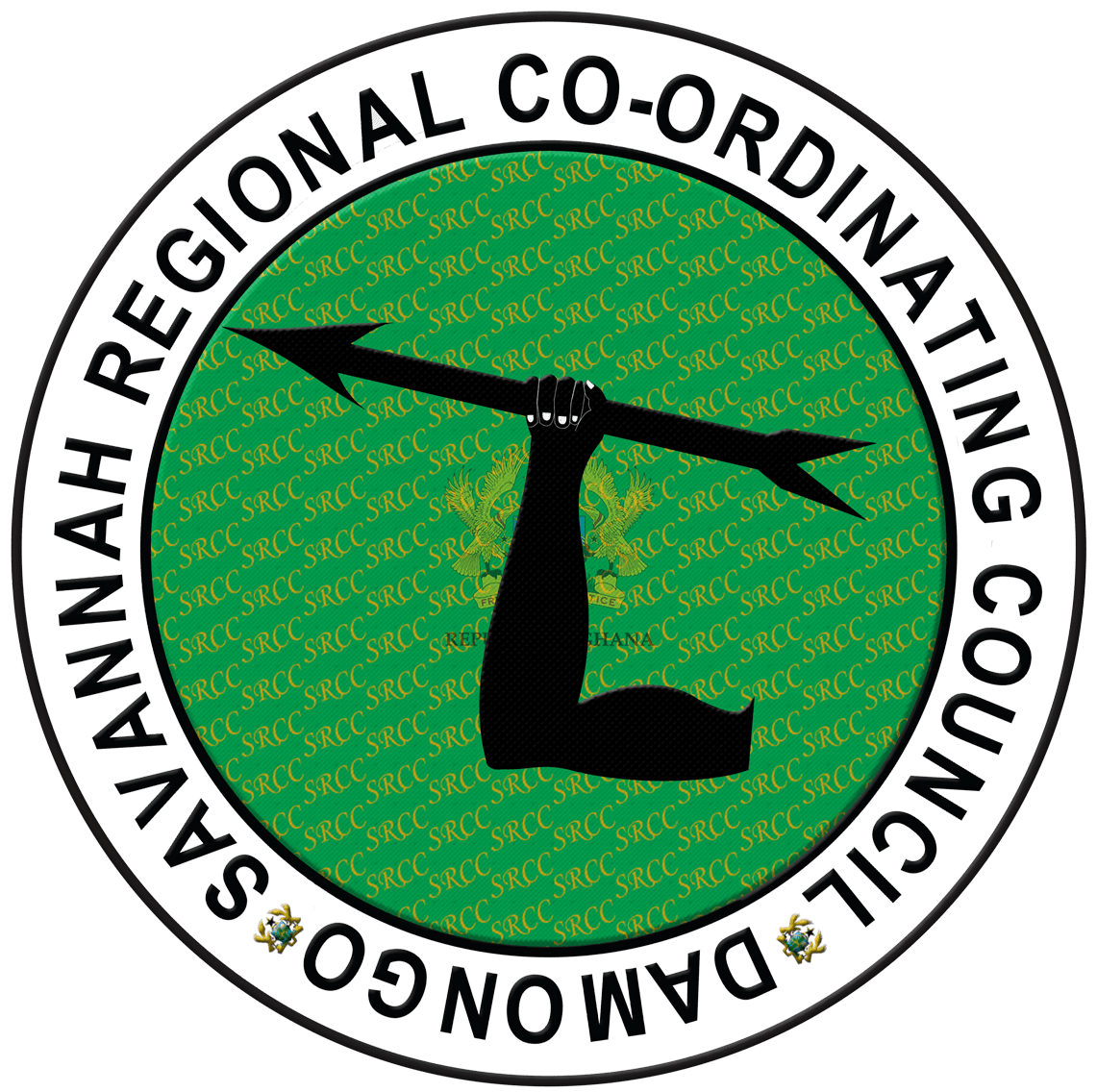The Savannah Regional Health Services has reported a mixed performance in its 2023 service delivery indicators, with notable improvements in some areas alongside persistent challenges. The findings were unveiled during the annual performance review meeting held on Wednesday, March 20, 2024, in Damongo.
A key focus of the review meeting was the urgent need to implement the Network of Practice (NoP) initiative. This program is seen as crucial for accelerating Universal Health Coverage (UHC) and achieving the 2030 target of enhanced access to quality healthcare services.
While the region has made strides in several health indicators, issues like poor referral systems continue to hinder progress. The NoP initiative aims to tackle these barriers by improving coordination, accessibility, and resource utilization within primary healthcare (PHC) delivery. It fosters collaboration among various stakeholders, including health providers, faith-based organizations, and government agencies, to deliver comprehensive, patient-centered care and strengthen the overall health system.
Director Highlights Achievements and Challenges
Dr. Josephat Ana-lmwine Nyuzaghl, the Director of Health Services for the Savannah Region, presented a comprehensive assessment of the 2023 service delivery. He reported an overall performance score of 3.5 out of 5 for the region, reflecting a moderate level of performance across 92 indicators and 3 milestones. While this was a slight dip from the previous year’s score of 3.6, Dr. Nyuzaghl emphasized the continuous effort needed to elevate the region to a “highly performing status.”
Key achievements highlighted include:
- Maternal Health: A significant reduction in the institutional maternal mortality ratio from 78 to 62 per 100,000 live births, along with improvements in skilled delivery attendance and a decrease in stillbirth rates.
- TB and HIV/AIDS: Increased tuberculosis (TB) notification rates and considerable progress towards global targets for HIV/AIDS testing, treatment, and viral load suppression.
- Routine Immunization: General improvements in routine immunization coverage, despite some fluctuations in specific vaccine rates. The region also demonstrated effective surveillance and response mechanisms for vaccine-preventable diseases like meningitis, yellow fever, and measles.
However, Dr. Nyuzaghl also brought attention to persistent challenges:
- Malaria Incidence: A concerning rise in malaria cases.
- Family Planning: A decline in family planning acceptance rates.
- Neonatal Mortality: An increase in institutional neonatal mortality rates.
- Maternal and Newborn Health: High prevalence of anemia among pregnant women.
- CHPS Zones: Setbacks in the functionality of Community-Based Health Planning and Services (CHPS) zones due to attrition of Community Health Officers (CHOs) and insufficient funding for training replacements.
- Non-Communicable Diseases (NCDs): An urgent need to address the rise in NCDs, particularly diabetes and hypertension, through improved screening and awareness campaigns.
On a positive note, the Savannah Region Health Directorate received crucial support in the form of vehicles, motorbikes, and infrastructure development projects, including a vaccine cold room and Comprehensive Abortion Care (CAC) sites.
Looking ahead, Dr. Nyuzaghl stressed the importance of a concerted effort from all stakeholders to build on achievements, address the identified challenges, and propel the region toward higher levels of healthcare delivery excellence. Strengthening healthcare infrastructure, human resources, and disease surveillance systems will be vital in achieving these ambitious goals.
©padfm.com.gh

































